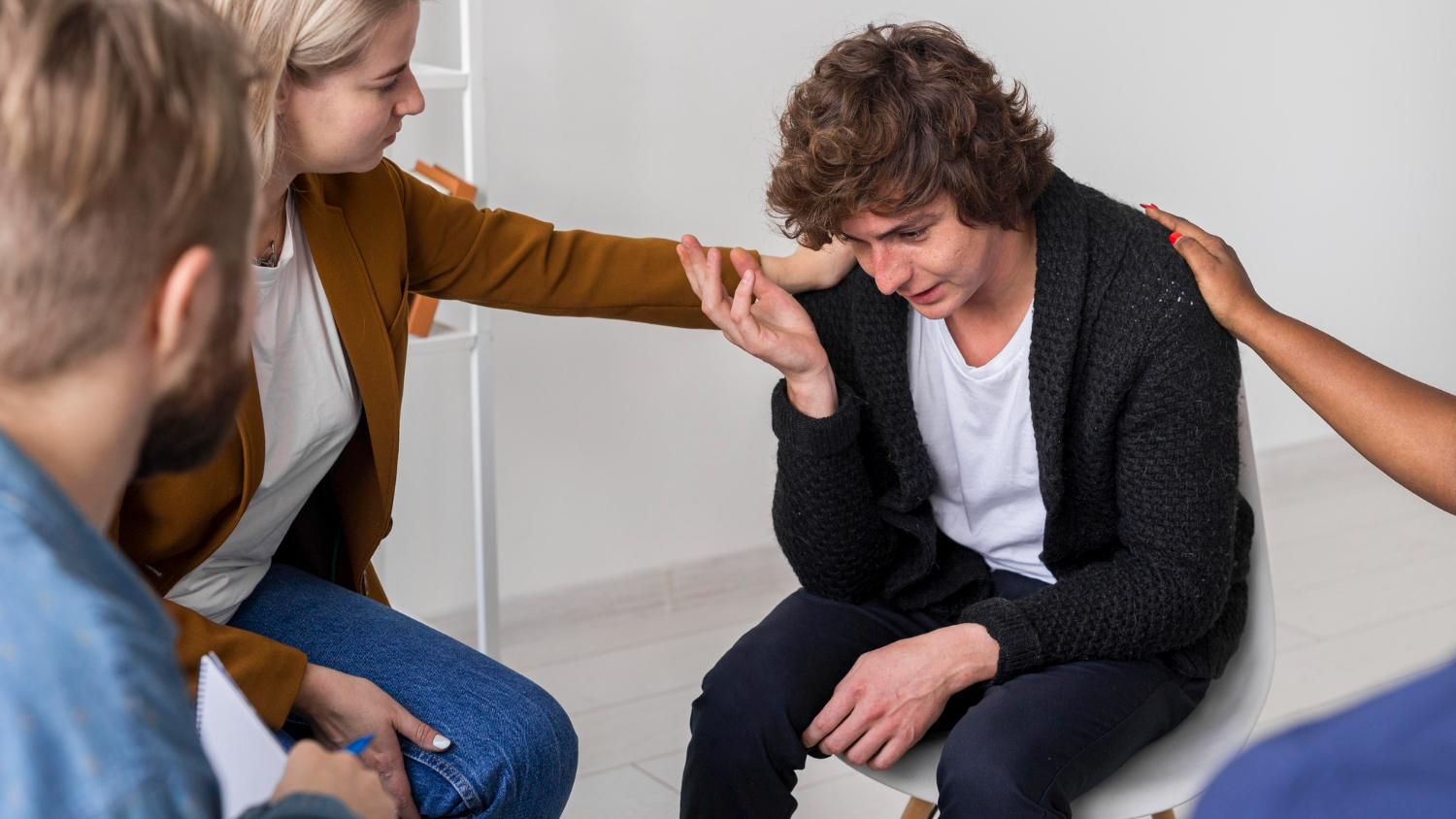If you’ve been taking Klonopin and feel ready to stop, you’re not alone. Many people want to live without depending on a medication that affects their mood or daily life.
Knowing how to get off of Klonopin safely can help you avoid serious health risks and set you up for success.
This guide explains what to expect and how Atlas Behavioral Health can support your journey.
Understanding Klonopin and Its Effects
Klonopin is a benzodiazepine, often prescribed for anxiety, seizures, or panic attacks. It works by calming brain activity.
While it can help in the short term, long-term use often leads to dependence. Over time, your body may need more of the drug to get the same effect, which can be dangerous.
If you’re wondering how to get off of Klonopin, it’s important to first understand how it works.
This medication slows your nervous system, and quitting suddenly can cause your system to speed up too fast, leading to withdrawal. That’s why medical support matters.
Atlas Behavioral Health helps people understand the role this medication plays in their lives. By working with our therapists, you’ll gain insight into your needs and learn safe steps toward stopping the medication.
Why Quitting Cold Turkey Is Dangerous
It might feel tempting to stop taking Klonopin all at once, especially if you’re frustrated with side effects. But quitting cold turkey is not safe.
The brain gets used to having the medication. Removing it suddenly can cause panic attacks, insomnia, tremors, or even seizures.
If you’re thinking about how to get off of Klonopin, know that going it alone is risky. The safest path is to taper down your dose with medical supervision. This gives your body time to adjust and lowers the chance of strong withdrawal symptoms.
At Atlas Behavioral Health, we never rush the process. Our care team works with you to create a plan that respects your goals and protects your well-being.
We offer medical oversight and 24/7 support during detox and tapering stages, so you never feel alone or overwhelmed.
Tapering Off Klonopin the Right Way
The most effective way to get off Klonopin is through a slow taper. This means gradually lowering your dose over weeks or months. The goal is to let your brain adjust without causing withdrawal symptoms to spiral out of control.
A good tapering plan is based on your dose, how long you’ve been taking Klonopin, and how your body responds. The process should never be rushed. Each drop in dose should be spaced out to avoid stress on your system.
Knowing how to get off of Klonopin safely can make the experience much easier. At Atlas Behavioral Health, we guide this process closely.
You’ll work with experienced medical staff who know how to adjust your taper in real time. We combine medication management with therapy and support groups to keep you steady and motivated.
What to Expect During Klonopin Withdrawal
Klonopin withdrawal can look different for each person. Some people experience symptoms within a few days of reducing their dose.
Common issues include irritability, anxiety, sleep problems, and physical tension. In more serious cases, people can feel confused, shaky, or have trouble focusing.
Understanding how to get off of Klonopin means knowing what might come up and how to handle it. Withdrawal can last a few weeks or stretch longer depending on your history and health. Some symptoms fade quickly, while others may linger.
At Atlas Behavioral Health, we prepare you for these changes. Our therapists help you track your symptoms and build healthy coping tools.
You won’t be expected to handle withdrawal alone. We’re here to make the process more manageable and less frightening.
How Atlas Behavioral Health Supports Benzodiazepine Tapering
Getting off Klonopin is more than just reducing a pill. It’s a journey to rebuild your mental and physical health.
At Atlas Behavioral Health, we specialize in helping people taper off benzodiazepines like Klonopin through a mix of clinical support and emotional care.
We use a person-centered approach that treats the whole you. You’ll have access to master’s and doctorate-level therapists who understand anxiety, trauma, and addiction.
We also offer a 3:1 client-to-staff ratio, so you receive focused, individualized attention.
If you’re asking how to get off of Klonopin without feeling lost or scared, we’re here to walk with you. Our programs include outpatient treatment, sober living options, alumni check-ins, and a warm, welcoming space to heal.
The Role of Therapy in Long-Term Recovery
Klonopin might quiet symptoms, but it doesn’t solve the root issues. Therapy helps you build a better way to cope.
Whether you struggle with anxiety, panic, or trauma, therapy teaches you how to manage your thoughts and emotions without relying on a pill.
When people ask how to get off of Klonopin, they’re really asking how to live differently.
At Atlas Behavioral Health, we use proven therapies like cognitive behavioral therapy (CBT), mindfulness, and peer support. These tools help you understand your triggers and build long-term resilience.
Recovery means learning new skills, connecting with others, and trusting yourself again. Our therapy options support each step of that growth, from your first day of tapering to long after treatment ends.
How to Talk to Your Doctor About Getting Off Klonopin
Starting the conversation with your doctor can feel overwhelming. But if you’re serious about learning how to get off of Klonopin, it’s important to speak up. Be honest about why you want to stop, how you feel while taking it, and any concerns you have.
Ask your doctor about tapering schedules, possible side effects, and what support systems you’ll need.
It helps you write down your questions and take notes during the visit. You can also bring a trusted person with you for support. Some people also deal with mental health issues besides substance abuse, which is why we offer dual diagnosis.
Atlas Behavioral Health can help guide this conversation. We often coordinate with outside providers to ensure that your treatment is safe, well-informed, and fully aligned with your goals.
Rebuilding Your Life After Klonopin
Getting off Klonopin opens the door to living fully again. But staying off it takes intention and support.
At Atlas Behavioral Health, we focus on more than just detox. We help you build a life that feels safe, steady, and worth waking up for.
Once you’ve learned how to get off of Klonopin, the next step is staying well. That might mean continuing therapy, finding sober housing, or building healthy routines. It also means reconnecting with your passions and sense of purpose.
Our alumni program keeps you connected even after formal treatment ends. You’ll have access to check-ins, events, and people who understand your journey.
You Don’t Have to Do This Alone
Figuring out how to get off of Klonopin is a big step, but you don’t have to do it alone.
Atlas Behavioral Health offers expert support, customized plans, and a caring team ready to walk with you. Reach out today and take the first step toward lasting recovery.





